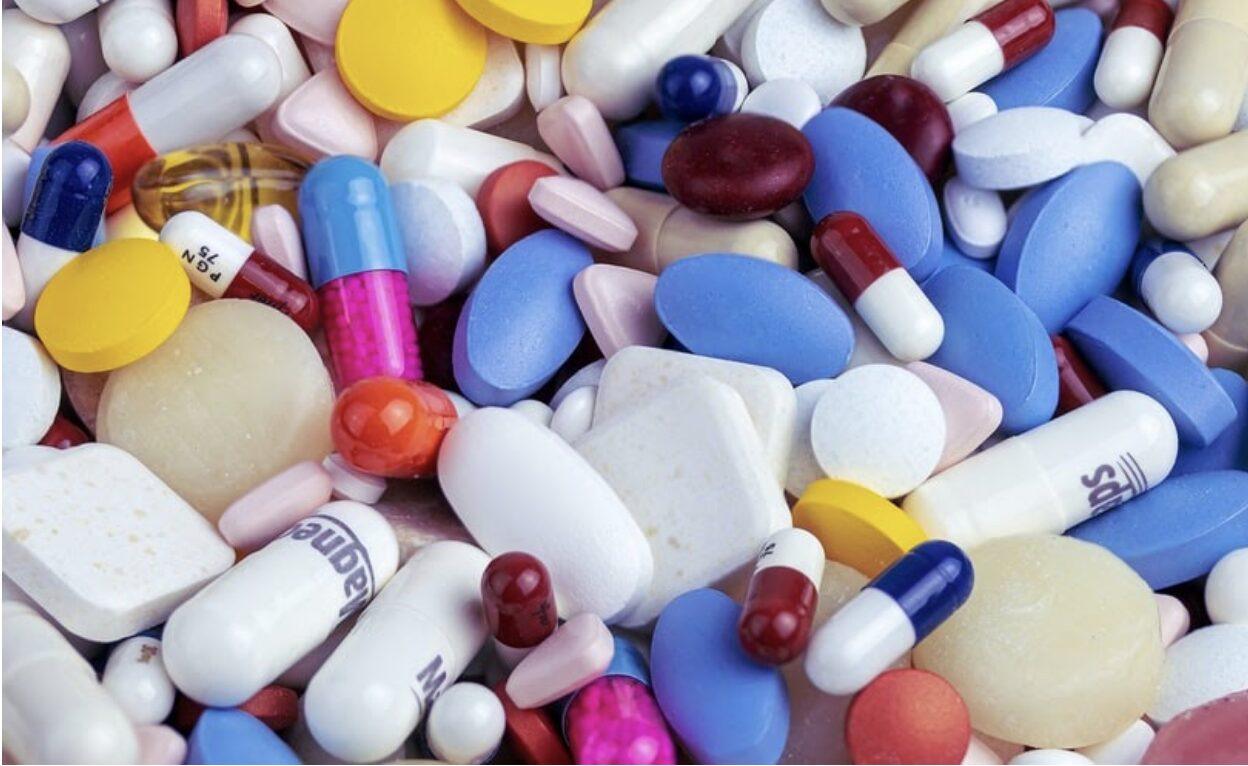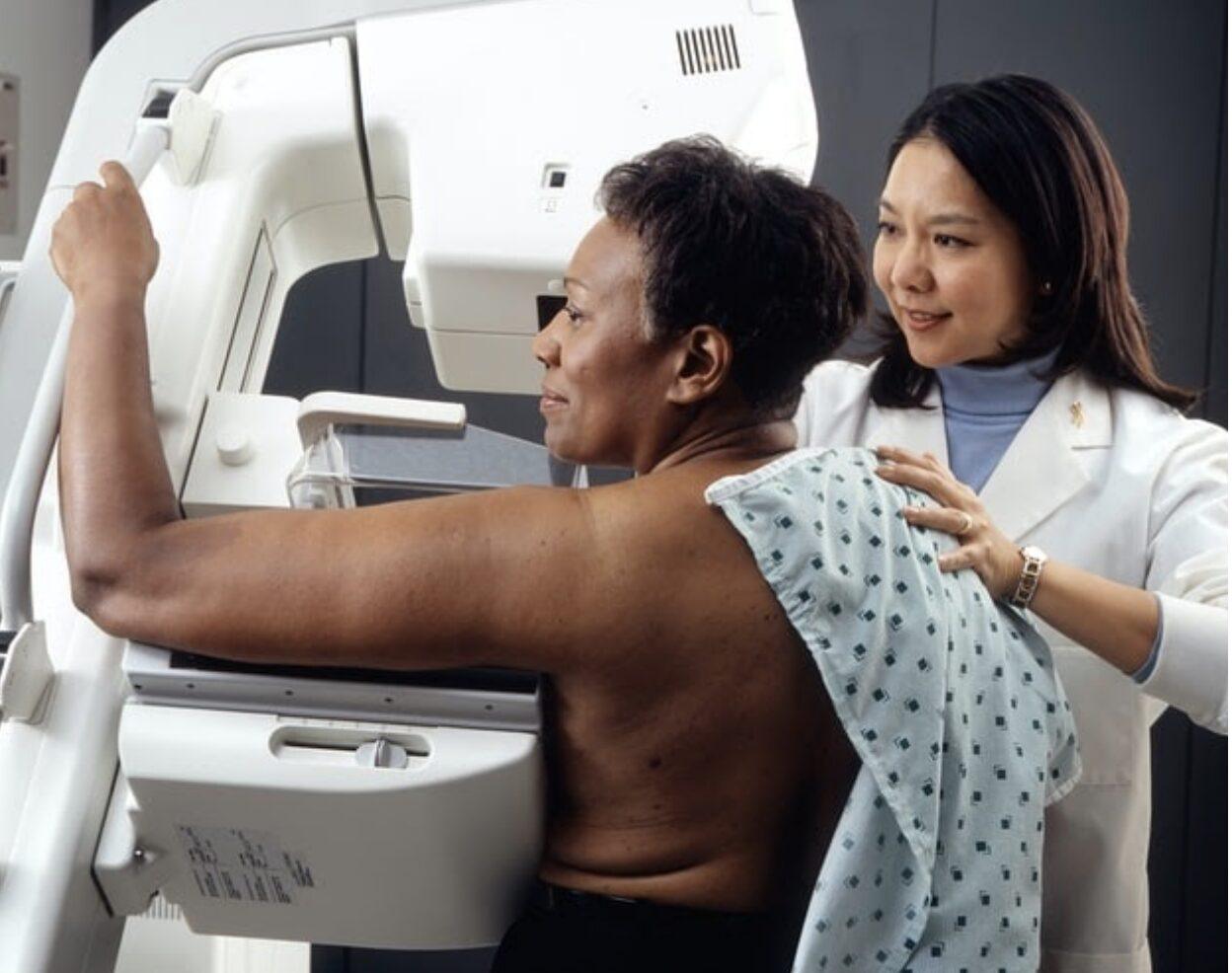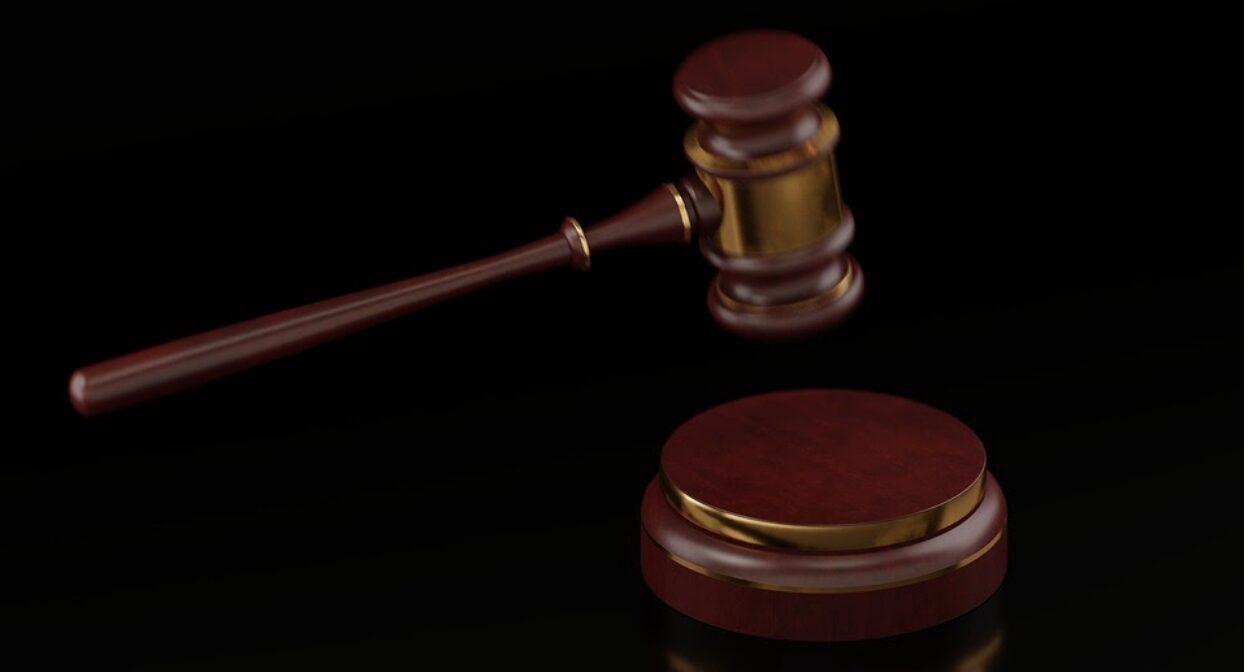By: Stephen Black, M.D.

Everyone’s actions can lead to mistakes that can be reversed or permanent. Unfortunately, medical errors are the worst things that can happen to any patient. Other than causing severe effects, medical errors can lead to permanent disability and even death. Such can lead to hefty penalties to doctors, hospitals, or drug stores, including compensating the patient and having the operating license suspended. Medical errors do happen every day.
According to statistics, at least 1.5 million Americans get injuries caused by medical mistakes, with effects ranging from mild to even death. Another data also shows that at least 200,000 US citizens have succumbed due to medical errors. These figures are worrying, and it’s high time everyone becomes careful to avoid such mistakes. This article will discuss some of the prevalent medical errors, how they happen, and actions you can take after suffering the misfortune. Read to the end to find out more.
What Causes Medical Errors
There are several reasons which lead to medical errors. Although every medical practitioner wants to give out the best for their patients, some mistakes happen unknowingly but can be prevented. Understanding these mistakes is the initial step in knowing how to deal with them effectively. Here are some of the common causes:
-
Inexperience
Experience is always the most incredible teacher in the medical field, regardless of your education level, whether you’re a newly graduated doctor with no experience at all or a family nurse practitioner (FNP) with many years of other types of nursing behind you. When you don’t have enough experience, you are bound to make mistakes unless someone holds your hand. You might make the wrong judgment or apply the wrong skills to a patient, which leads to a fatal error. To prevent this, medical experts recommend having someone to hold your hand until when you are good to go. It is essential never to carry out procedures you aren’t conversant with.
-
Inattention to Detail
Being inattentive to your medical professional can lead you to face charges for administering the wrong medical procedures and drugs to a patient. According to drug law experts from Drug Guardians Attorney Network, anyone seriously injured by a prescription can sue the doctor, the hospital, or the company that manufactured the drug and be compensated. If you suffer from this negligence, you can collect the evidence and get a lawyer to carry you through the compensation process. To medical practitioners, failure to follow the set rules and being attentive can lead you to numerous lawsuits, face jail terms, have fines, or lose your operating licenses. If having a huge workload, speak to your head of department or assign tasks to avoid rushing and creating a mess.
-
Fatigue
With pandemics and the rising number of lifestyle diseases, many hospitals now are overwhelmed with patients suffering from different diseases. Some medical practitioners work over long shifts, night shifts, or get into call more often, even on their resting days. Overworking and stress lead to fatigue, which, when not controlled, leads to nurses or doctors administering the wrong drugs to their patients. If you are a medical practitioner, try as much to take some rest before and after your shift. Sleep at least eight hours and always ask for assistance when overwhelmed.
-
Miscommunication
Lack of communication or improper communication leads to drug errors. This type can include not clarifying orders given to clients, patient understanding the wrong thing, or assuming you heard something right when it’s wrong. To avoid this from happening as a patient, always ask or seek clarification when in doubt. If you feel you have got the wrong medication, return them, and seek the right one. To the medical professionals, always ensure your patients have the correct information before purchasing or using the prescribed drugs. In case of a mistake, notify the patient early to avoid using the drugs and offer an urgent remedy.
-
Technical Failures
Sometimes, you might have got the right medication but it fails in your system. Such may include failing medical devices, grafts, implants, or any other equipment. Such mostly happens in surgery or sensitive treatment. In case such happens, contact your doctor or hospital immediately to have the issue checked and rectified.
-
Human Problems
Sometimes, it’s not the doctors or hospitals’ problem that makes medical errors, but the users. You might find someone using the medicine as prescribed, but along the way, mixes it with others leading to medical reactions. Some people also tend to ignore the processes and methods of storing and taking these medicines, leading to fatal errors.
What Are Some of the Medical Errors?
Several medical errors occur daily, some of which don’t get recorded. However, frequent medical mistakes happen to patients almost daily in hospitals and other care centers. These include:
-
Misdiagnosis
Most patients do get misdiagnosed for their suffering, making them get prescribed the wrong medicine. With this condition, the patient is left with more worrying symptoms than when they were not treated. In some cases, the patient might undergo surgery for areas not affected or have their body parts removed or amputated for the wrong reasons. Such misdiagnosis leads to the loss of lives, disability, and high costs to patients and hospitals in severe cases.
-
Delayed Diagnosis
At times, doctors might deny the patient is suffering from an ailment until it worsens and the patient succumbs. According to studies done, women and young children are the most affected, especially when giving birth or having corrective measures. Medical practioners might fail to take serious issues like prolonged menstrual periods, which lead to more suffering and further damages to the patient.
-
Wrong Medication
Most patients have suffered in the hands of medical Practitioners by getting the wrong medication. The doctor can prescribe the wrong medicine, or a pharmacy not giving the right medicine as prescribed. In rare cases, most manufacturers also offer the wrong medicine composition as required, which leads to fatal errors. All these cases have led to unending lawsuits, which have made either or the entire parties compensate the patients.
-
Faulty Medical Devices

Sometimes, these errors do not happen due to prescriptions or from doctors but by the manufacturer, especially when it comes to medical equipment. In most cases, you have seen manufacturers recalling equipment back or having them disbanded after causing adverse effects to the patients. The affected patients can sue the manufacturer and compensate for the damages, especially if they knew the equipment was faulty and yet released it for use.
-
Infection
All hospitals have rules and regulations which make them work at zero infections to the patients. They ensure the hospitals, equipment, and tools used are disinfected every time to avoid the spread of diseases and conditions. Do you know that people get infected in hospitals? Most patients get diseases in hospitals, which results from medical negligence. With this, you can sue the hospital and get compensated for the same. Some of the infections include COVID-19, Legionnaires Disease, respiratory diseases, and much more. However, you should also try as much to protect yourself from such occurrences.
-
Failure to Account for Surgical Equipment
Various tools are used during surgical processes, especially if it’s a sensitive part like the head, heart, or stomach. Unfortunately, due to rush or negligence, surgeons and doctors forget cotton wools, tools, sponges, scalps, bandages, and other things and fail to account for them. This situation has led to an increased infection to the patient and other painful surgeries to remove the items, also taking more time. Patients can use the hospital and compensate for repetitive body cuts, wasted time, and doctors’ negligence.
-
Improper Device Placement
Other than being safe, all medical devices must be placed correctly to ensure the patient’s safety. In some cases, you might find an improperly fitted device, which leads to more harm than good and worsens the patient’s condition. With wrong implants, patients don’t benefit or fail to recover from damages caused by such. Such processes have also led to other painful procedures and surgeries and more extensive medical bills that weren’t anticipated. This medical error has led many to hit the court corridors, finding compensation.
How to Win a Lawsuit Against Medical Malpractice

After discovering there is a medical error and proving it, the next step is seeking justice. It would be best if you get compensation for the damages, pain, and suffering caused by misdiagnosis. It would be best to stop taking medicine and seek medical care immediately. It is also important to contact your lawyer and gather evidence that you will use to sue the doctors and the hospital for the damages. Here are the requirements.
-
Proof That There Was a Treatment
Getting through a medical case might get tricky if you don’t have the required evidence. In most cases, doctors and other medical practitioners are guarded by some sections of the law. You need to keep proof that you attended the hospital and that you got treated. You can gather all receipts, emails, phone conversations, and anything else that will prove you participated in the hospital, got treated, and suffered the medical error.
-
Have Some Proof That the Doctor Was Negligent
Your medical error might have happened because you never followed the doctors’ instructions of taking medicine, not as prescribed. Before heading to the courts, ensure you have all the proof showing the malpractice, including evidence of the drug, its composition, and diseases it’s supposed to treat. You can also use your lawyer to get another practitioner who will prove that you got the wrong medicine, and it has dramatically affected you.
-
Prove the Error Caused Injuries
Despite the doctor giving you the wrong medicine or subjecting you to faulty medical equipment, you must prove that the equipment or medication use caused injuries. Did the wrong medication harm you? Were there any side effects? If so, then you have a strong case against you’re the doctor and the hospital, and if not, your case might fail to stand. Other than this, you will need to have a competent lawyer to help you with the process since these cases are time-bound and require other necessities you might not have.
It’s vital to get a medical report in these situations that shows you suffered injuries resulting from the wrong misdiagnosis. There were added expenses and loss of time while recovering from the same. A reputable lawyer may get you a reliable doctor to represent you with such evidence.
-
Did the Injuries lead to Death or Disability?
Getting a doctor or a hospital to compensate you for the wrong medication is not a walk in the park. Besides proving the injuries, you might be asked to state how the wrongful drug led to disability, if any, or the death of your loved one if suing for the same. For instance, if your loved one had cancer and passed on, and you are suing for wrongful; death, you have to prove how the medication led to their death.
In most cases, someone’s death is linked to the disease they are suffering, not the medicine they got. This critical step might need getting a competent lawyer and seek ways to have a strong case, including having enough evidence and witnesses.
Mistakes You Should Not Make After Suffering Wrong Medication
Most people get devastated to the point of wanting to lose their lives after suffering severe medical errors. The only thing you should do after suffering wrong medication is seeking medication to revert the situation and seeking compensation as you recover from the ordeal. It would help if you never tried the following.
- Do not throw away the remaining medicine or equipment
- Never get treated by someone unqualified or who will tamper with the evidence
- Do not get treated by the same doctor who misdiagnosed you
- Avoid taking other medicines not approved
Always check your health and undergo regular checkups. Getting the wrong medication is one of the worst things that might happen to you while seeking treatment. You should try as much to gather evidence and get help as soon as possible to avoid losing your life or suffering other damages. At this point, it will help to get a competent lawyer who will guide you in getting witnesses, evidence, and who will stand with you in court to ensure you are fully compensated.